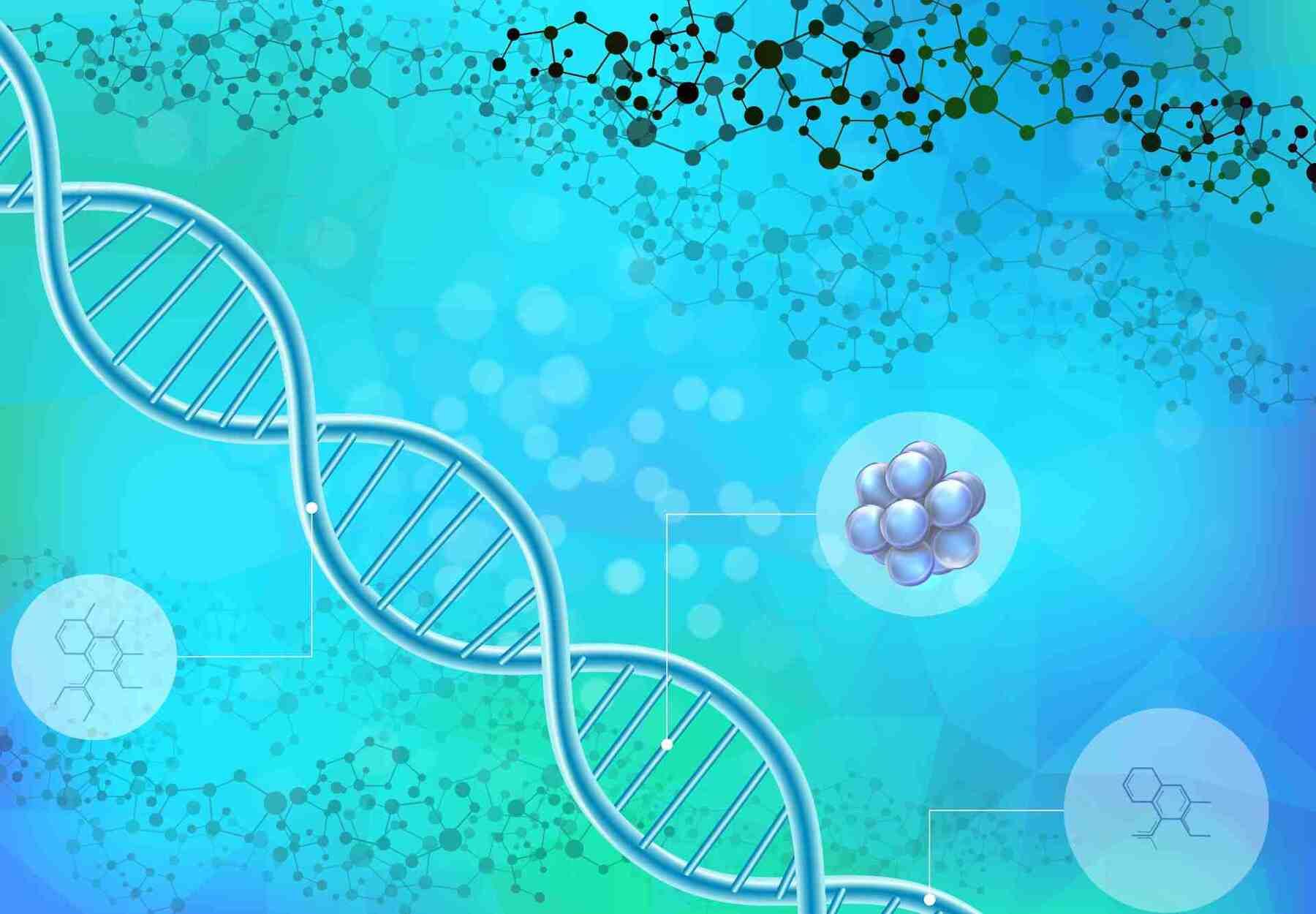DNA ancestry testing has become increasingly popular as more individuals seek to learn about their heritage and family history. However, with the growing demand for these services, scams have emerged, specifically fake DNA ancestry match scams. These fraudulent services prey on users’ curiosity and emotions, tricking them into providing sensitive information or paying for inaccurate or non-existent results. In this guide, we’ll discuss how to spot such scams and take proactive steps to protect yourself.
What Are Fake DNA Ancestry Match Scams?
Fake DNA ancestry match scams occur when fraudulent websites or companies falsely advertise DNA testing services to trace one’s family history. These scams can take several forms:
- False Advertising of Results: The scammer promises highly detailed or seemingly accurate DNA matches but provides fabricated or general results.
- Phishing Schemes: These scams target users with promises of DNA testing discounts or offers in exchange for personal information, like credit card numbers, birthdates, and email addresses.
- Data Collection: Fraudulent sites ask users to submit DNA samples, which are then sold or misused. The service may not even perform any testing.
- Fake Match Alerts: Scammers may claim to have found matches to your ancestry, sending you “results” that are entirely fabricated to increase customer engagement and entice further purchases.
How to Spot a Fake DNA Ancestry Match Scam
1. Lack of Credible Reviews and Testimonials
Before purchasing any DNA testing kit, always research the company. If there are few or no reviews, or if the testimonials appear overly generic or exaggerated, proceed with caution. Legitimate companies will have a strong online presence with verified reviews on trusted platforms such as Google, Trustpilot, or independent review sites.
2. Unrealistic Promises
Be wary of companies offering results that seem too good to be true. Claims like “find your perfect match in just 24 hours” or “100% accuracy in determining your ethnicity” should raise red flags. While DNA testing can provide useful insights, it is not infallible, and results take time to process.
3. No Clear Contact Information
A legitimate DNA testing service will have clear contact information, including a physical address and a customer service phone number or email. If the website only offers vague details or an email with a suspicious domain, it may be a scam.
4. Requests for Excessive Personal Information
If a DNA testing company asks for excessive personal information, such as social security numbers, detailed family histories, or other irrelevant data, it’s a red flag. Be cautious if the company is only interested in collecting this data without providing any substantial details about their testing services.
5. Unusual Payment Methods
Fake DNA testing services may ask for payment through non-traditional means, such as cryptocurrency or wire transfers. Stick to secure and familiar payment methods such as credit or debit cards, which offer fraud protection.
6. No Clear Testing Process
Legitimate DNA testing companies clearly outline how their process works, including how samples are collected, analyzed, and how results are delivered. A lack of transparency or ambiguous explanations should be considered suspicious.
How to Avoid Fake DNA Ancestry Match Scams
1. Research the Company Thoroughly
Before purchasing any DNA ancestry test, check for credible reviews, news articles, and consumer feedback. Look for certifications or accreditations from trusted organizations such as the Better Business Bureau (BBB) or the FDA if applicable.
2. Verify Privacy and Security Policies
A trustworthy DNA testing company will have clear and strict privacy policies in place to protect your personal and genetic information. Always check the website’s privacy and data security terms before providing any information. Ensure that they comply with relevant data protection laws, such as GDPR or HIPAA.
3. Purchase from Established Brands
Stick to well-known and reputable DNA testing companies like 23andMe, Ancestry.com, or MyHeritage. These companies have established a reputation over time and are less likely to engage in fraudulent activities.
4. Be Cautious of “Too Good to Be True” Offers
If a company offers extraordinarily low prices or deals that seem too good to be true, they probably are. Discounts or special promotions should be reasonable and clearly explained. Scammers often use enticing deals to trick people into giving away their personal data.
5. Consult Experts Before Making Any Decisions
If you are unsure whether a company is legitimate, consider seeking advice from experts, such as consumer protection agencies, online forums, or legal professionals. These experts can help guide you toward trustworthy services.
6. Report Scams to Authorities
If you encounter a fake DNA ancestry match scam, report it to authorities such as the Federal Trade Commission (FTC), Better Business Bureau (BBB), or other relevant consumer protection agencies. This helps prevent others from falling victim to similar scams.
What to Do if You’ve Fallen for a Fake DNA Ancestry Scam
If you believe you’ve been scammed, follow these steps immediately:
- Contact Your Bank or Credit Card Provider: If you provided payment information, report the charge as fraudulent and request a chargeback or refund.
- Change Your Passwords: If you created an account on the fraudulent website, change your passwords and secure any accounts that may be at risk.
- Report the Scam: Report the incident to authorities such as the FTC, local law enforcement, or the platform where the scam occurred.
- Monitor Your Credit: If your personal information was compromised, consider signing up for credit monitoring to protect yourself against identity theft.
Conclusion
As DNA ancestry testing becomes more mainstream, it’s essential to remain vigilant against scams that prey on unsuspecting individuals. By following the steps outlined above, you can spot potential fake DNA ancestry match scams and take the necessary precautions to protect your personal information. Always prioritize your safety and make informed decisions when exploring DNA ancestry services.














